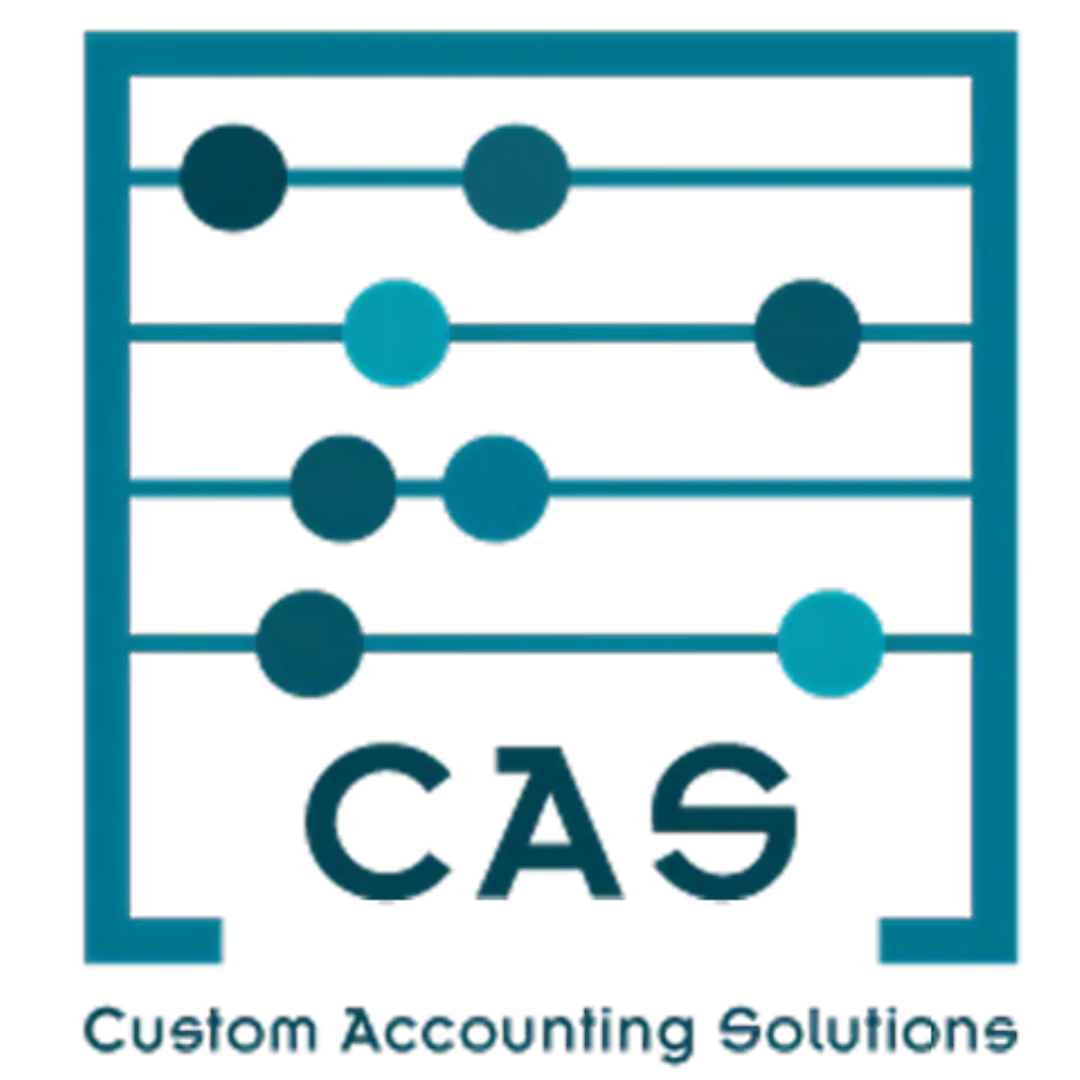Expanded Section 179 Deduction Limits: What Business Owners Need to Know in 2025
The July 2025 tax bill delivered a big win for business owners looking to invest in their operations: an expanded Section 179 deduction limit. This popular tax provision allows small and mid-sized businesses to immediately expense the cost of qualifying equipment and property, rather than depreciating it over time. Now, with the increased cap, the benefits are even greater.
What Is Section 179?
Section 179 of the IRS tax code allows businesses to deduct the full purchase price of qualifying equipment and software purchased or financed during the tax year. It’s meant to encourage companies to invest in themselves by making it more affordable to upgrade tools, technology, and infrastructure.
New Deduction Limits for 2025
Under the new law, the maximum Section 179 deduction has been increased to $2 million, up from the previous limit of $1.22 million. The phase-out threshold—the point at which the deduction starts to decrease for larger investments—was also increased to $5 million.
This means more businesses can take full advantage of the deduction without worrying about hitting the cap, and those making larger purchases will still benefit from partial deductions.
What Qualifies for Section 179?
Section 179 applies to a wide range of tangible business property, including:
- Machinery and equipment
- Business-use vehicles
- Computers and software
- Office furniture and fixtures
- Certain improvements to nonresidential property (HVAC, roofing, security systems)
The property must be purchased and placed into service during the tax year to qualify.
Strategic Considerations for Business Owners
With the expanded deduction limits, 2025 is an ideal time to assess your capital needs. Whether you’re upgrading outdated equipment or expanding your capabilities, the increased limits can help offset your investment with significant tax savings.
It’s important to note that Section 179 deductions are limited to the amount of taxable income your business earns. If your deduction exceeds your income, the unused portion may be carried forward to future years.
Talk to Your CPA Before You Buy
Section 179 remains one of the most accessible and impactful ways for small businesses to reduce their tax bill. But like all tax strategies, the details matter. The type of asset, purchase date, financing method, and total business income all affect your eligibility and benefit.
If you’re planning capital expenditures in 2025, now is the time to talk with your CPA to make sure you maximize your deduction and avoid any surprises.
Need help navigating your purchasing strategy? Our team is here to guide you.
